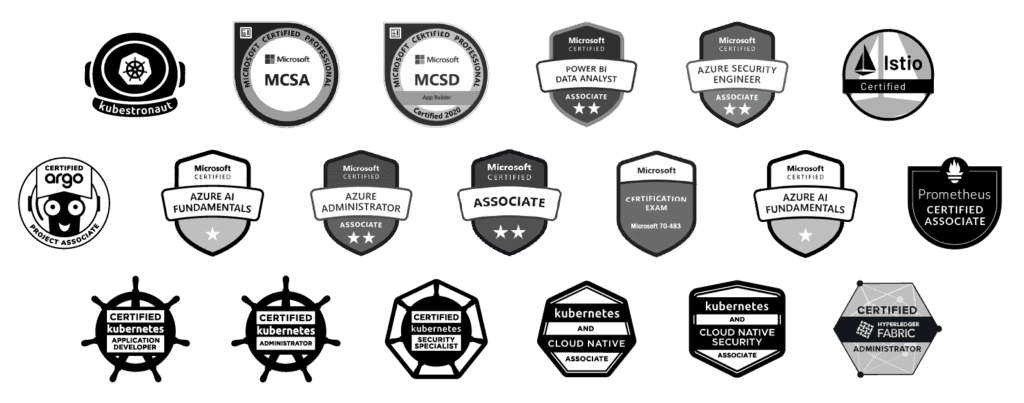In healthcare innovation, the advent of Digital Twins is poised to revolutionize the landscape of clinical trials and treatment development.
We’ll explore the concept of Digital Twins, examining how they simulate clinical environments to predict outcomes, reduce trial errors, and enhance the development of treatments. By harnessing the power of AI/ML at the edge and sophisticated simulation software, Digital Twins offer a cost-effective alternative to physical trials, enhance understanding of drug interactions and side effects, and accelerate the research and development process.
How can we predict clinical outcomes with unprecedented accuracy?
This is where Simulated Success comes into play. The healthcare industry is constantly seeking new ways to improve patient outcomes, streamline processes, and reduce costs. With the emergence of Digital Twins, change is underway. Digital Twins, virtual replicas of physical assets or processes, have gained traction in various industries, from manufacturing to aerospace. Now, they are poised to transform healthcare by simulating patient physiology and clinical scenarios.
The Rise of Digital Twins in Healthcare
Digital Twins have rapidly emerged as a game-changer in healthcare, offering a dynamic approach to understanding and predicting clinical outcomes. By creating virtual replicas of patients, complete with physiological parameters and medical histories, healthcare providers and pharmaceutical companies can simulate real-world scenarios with unparalleled accuracy.
One of the most compelling applications of Digital Twins is their ability to predict clinical outcomes with precision. By modeling patient responses to treatments and interventions, Digital Twins enable researchers to anticipate potential outcomes, identify risk factors, and tailor therapies to individual patients. This predictive capability not only enhances patient care but also informs the development of new treatments and therapies.
Using Digital Twins for Data Tracking and Blockchain Integration
In addition to their predictive capabilities, Digital Twins offer a unique solution for tracking data ingress and ensuring its integrity through blockchain integration. By incorporating blockchain technology, which provides a decentralized, immutable ledger of transactions, Digital Twins can securely record and timestamp data inputs throughout the simulation process. This ensures the integrity and traceability of the data, essential for regulatory compliance and data-driven decision-making. Furthermore, leveraging platforms like Kubeflow for managing machine learning workflows, Digital Twins can seamlessly integrate with blockchain networks, enabling real-time validation and verification of data authenticity. This combination of Digital Twins, blockchain, and Kubeflow represents a powerful trifecta, ensuring data integrity, transparency, and accountability throughout the simulation and research processes.
Reducing Trial Errors
Traditional clinical trials are plagued by numerous challenges, including high costs, lengthy timelines, and inherent variability. Digital Twins offer a cost-effective alternative by simulating clinical trials in virtual environments. By conducting virtual trials, researchers can minimize the risk of errors, optimize study designs, and accelerate the pace of innovation.
Enhancing Understanding of Drug Interactions and Side Effects
Understanding drug interactions and potential side effects is critical in healthcare. Digital Twins enable researchers to explore the complex interactions between drugs and biological systems, reducing the need for costly and time-consuming experiments. By leveraging AI/ML algorithms and simulation software, Digital Twins offer insights into drug efficacy, toxicity, and personalized treatment regimens.
Accelerating Research and Development
In addition to predicting clinical outcomes and reducing trial errors, Digital Twins hold the promise of accelerating the research and development process. By providing researchers with virtual testbeds for experimentation, Digital Twins enable rapid iteration, hypothesis testing, and optimization of treatment strategies. This accelerated pace of innovation has the potential to bring life-saving treatments to market faster and more efficiently than ever before.
As the healthcare industry continues to embrace digital transformation, Digital Twins are poised to play a central role in shaping the future of medicine. By simulating clinical environments, predicting outcomes, and enhancing understanding of disease mechanisms, Digital Twins offer a powerful tool for improving patient care and driving innovation.
As we look ahead, the potential of Digital Twins to revolutionize healthcare is boundless, paving the way for a future where personalized, precise, and predictive medicine is the norm.













